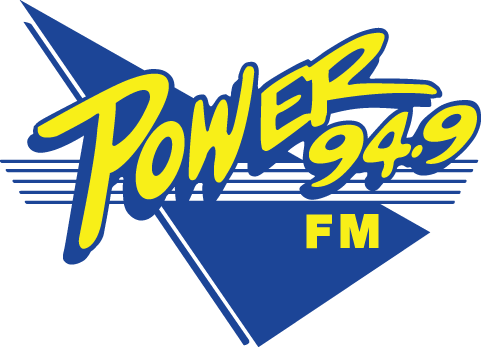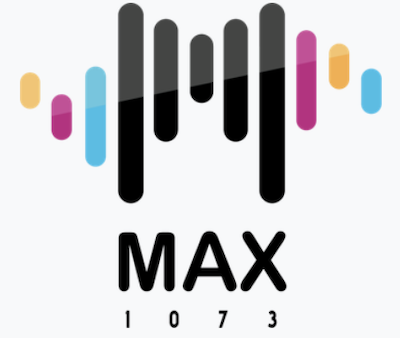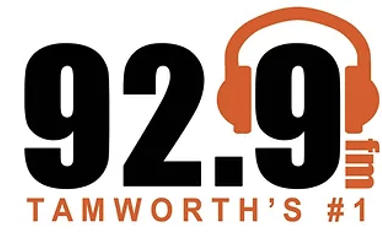Programmatics: The ‘Join Us or Die’ Ultimatum

Programmatics may well be the next big thing to descend on us in the Australian radio industry, but, it could actually turn out to be a well-disguised attack dog, lying in wait to tear apart lower rating stations.
This new science of algorithm-driven sales is already in its next development phase in the US, long before it’s even made a serious blip out here.
This week in the Land of the Free, iHeartMedia began beta-testing an advertising exchange network across its entire group of 850 stations. The network is based on the Expressway system developed by Katz Radio Group, using the industry-standard Jelli platform. Once the testing is over and everything is green-lighted, Katz will then roll out their exchange network to cover the more than 4400 stations they represent.
When fully implemented, Katz’ programmatics system will produce advertising buying decisions based largely on statistical data from ratings, but layered with specific data on consumers, their buying trends, and, recreational habits, amongst other parameters.
Mix this data up with an algorithm or two, and bingo, you seemingly have a client’s ideal radio advertising buy.
Well …. if it were only that simple.
Sure, this is the way digital on-line media has been bought for a few years now, and, it hasn’t taken long for agencies to latch on to mainstream media as their next source of prey. In theory, using unemotional number-crunching should be a great concept for producing the maximum return on investment (ROI) for the client’s spend.
Programmatics will allow the computer nerds in the backroom of the agencies to focus right down on the desired target market, and, all those pesky little human elements, like the years of industry experience and knowledge that a station’s account manager brings to the negotiating table, will conveniently get eliminated from the buying process.
If you’ve ever seriously played the stock market, you’ll know there are two types of analysis – technical and fundamental.
Technical analysis is just about the numbers, while fundamental analysis looks at what events are actually happening in the real world at that particular time that can affect the market. The interesting thing is that, despite a worldwide acceptance of technical analysis, quite often, when data interpolation alone is used to forecast the markets, it can crash quite spectacularly in a big heap. When it does, many people lose a lot of money, and it’s all because real life is not theoretical or just about numbers and trends.
Real world outcomes are never completely predictable by computers.
Same thing with radio sales.
Right now, most radio buys are the result of personal relationships and discussions.
If programmatic algorithms are to be applied in practice without being tempered by a good deal of real world common sense, it’s completely possible that in markets, like Sydney and Melbourne, where so many stations are vying for a share of virtually the same target audience, only the strongest stations will survive financially. That may be fine if your station happens to be at or near the top right now, but in this game, as we all know, fortunes often change.
I think we all accept that not all radio advertising will be bought programmatically, at least in the early days. Like all technology, it will start out small so as not to scare the radio industry or the advertisers. However, the indisputable truth is – ‘terminators’ will ultimately rule the radio world.
Imagine then the financial fallout should programmatics begin to dictate that only the very top stations in each market will get any electronic placement at all. The impact from this could force those metro stations, that regularly miss out on the programmatics schedule, to start refining their niche programming to a micro-niche, for the sole purpose of trying to chase an outcome that will appeal to the computer algorithms. It’d be no better than playing with keywords to get a higher Google ranking in the digital space.
Is this really where we want our industry to go?
Large scale programmatic buying, of course, is inevitable; there are too many vested interests at play for it not to happen.
In the short term, I suspect that despite the rhetoric from its supporters, programmatic buying is likely to create more problems for most radio station revenues than it solves. Experience tells us that whenever technological evolution happens, the effects of its impact cannot be undone.Once it’s out there, programmatic buying will not be able to be put ‘back in the box’.
Programmatics or some evolutionary cyber-variation of it is going to be here for keeps.
However, as an industry, we should not blindly accept this new technology without serious questions or limitations. Chief amongst those limitations should be an understanding by all of us that any process that intentionally relegates ‘the human factor’ to the rubbish bin of history, and, relies entirely on bits of data for its decision-making, is ultimately fallible.
About The Author:
Brad SMART has been a journalist, consultant, author, broadcaster, film director and was the former owner of the Smart Radio Network throughout Queensland. Brad can be contacted on email here.



